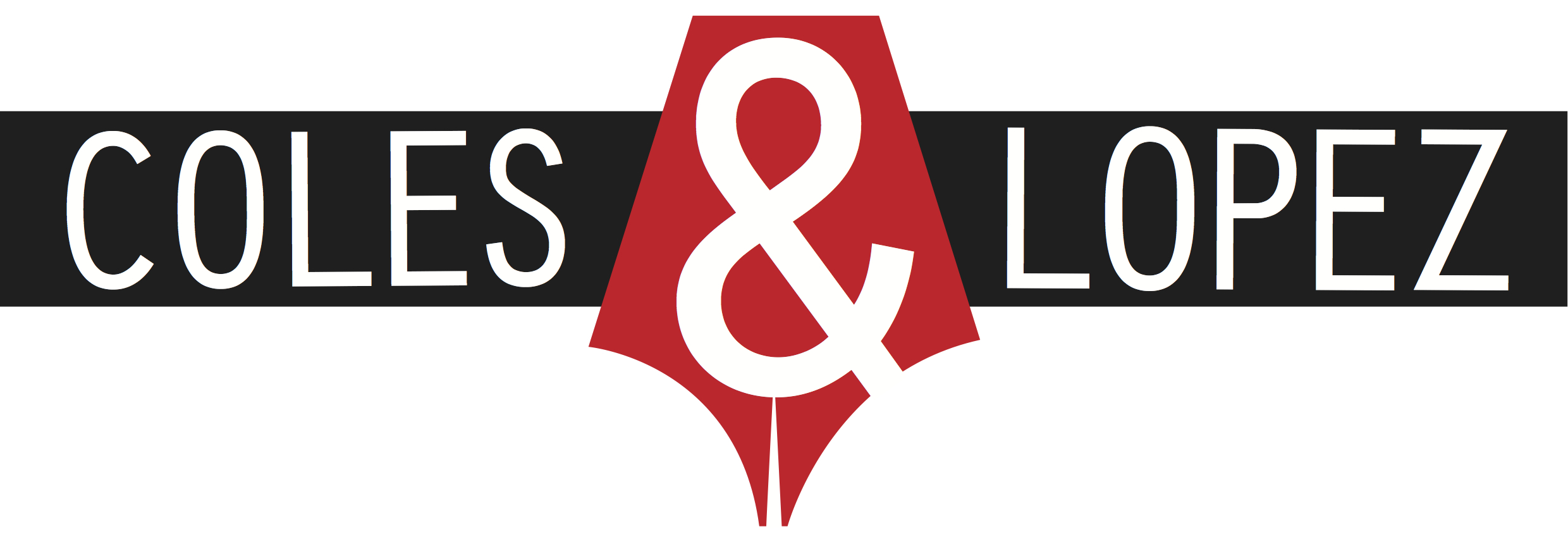Burnt by my BA
Back in 2005, when I was an English Lit major, I read Disgrace by J M Coetzee. I now remember exactly one thing from that novel. No, not the powerful themes of race, violence and guilt. This passage about grammar:
Two weeks ago he was in a classroom explaining to the bored youth of the country the distinction between drink and drink up, burned and burnt. The perfective, signifying an action carried through to its conclusion. How far away it all seems!
For the next decade, I took it as gospel that “-ed” signified a continuous action and “-t” signified a completed action. There’s a problem, though: Coetzee was wrong. (Talk about disgrace!)
“Burned” and “burnt” mean exactly the same thing, as do “learned” and “learnt”, “spoiled” and “spoilt”, “dreamed” and “dreamt” and so on. British English speakers prefer “-t”; American English speakers prefer “-ed”, although they’ll sometimes opt for “-t” when using the word as an adjective (as in “burnt toast” or “spoilt brat”).
The “perfective” Coetzee spoke of is a verb aspect. We all know that verb tenses indicate when an action is happening: in the past, present or future. Aspects also relate to time, but instead of telling us when an action happened, they tell us whether that action is completed (the perfective aspect) or continuous (the imperfective aspect).
Aspects are absolutely central to the grammar of Slavic languages such as Russian. In English, they’re not such a big deal, which is why you were probably never taught about them in school. When we want to indicate that an action is continuous, we just use the present participle – the verb form ending in “-ing”.
Imperfective aspect (continuous)
I was burning my dinner.
I am burning my dinner.
I will be burning my dinner.
Perfective aspect (completed)
I burned/burnt my dinner.
I burn my dinner.
I will burn my dinner.
So Coetzee was right to say the perfective signifies an “action carried through to its conclusion”. But he was wrong to attribute the difference between “burned” and “burnt” to verb aspects. And I was wrong to take grammar advice from a work of fiction. Live and learn.

